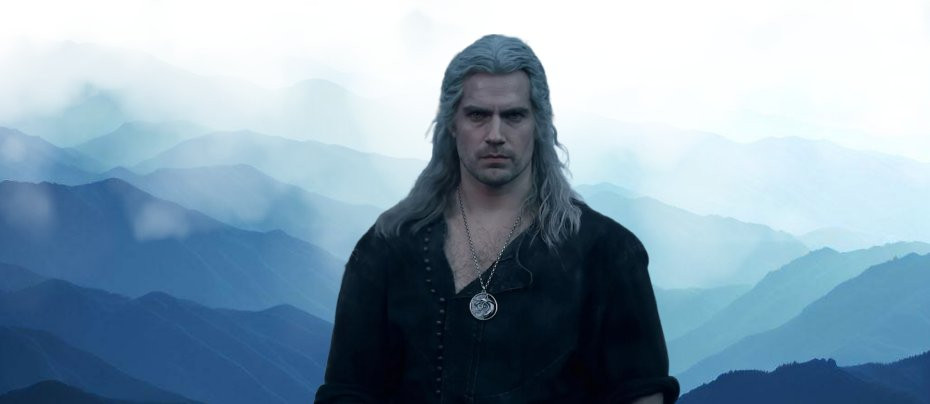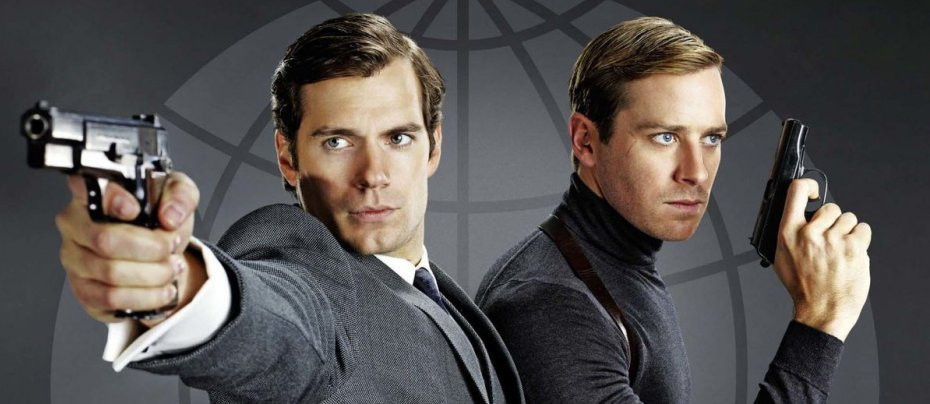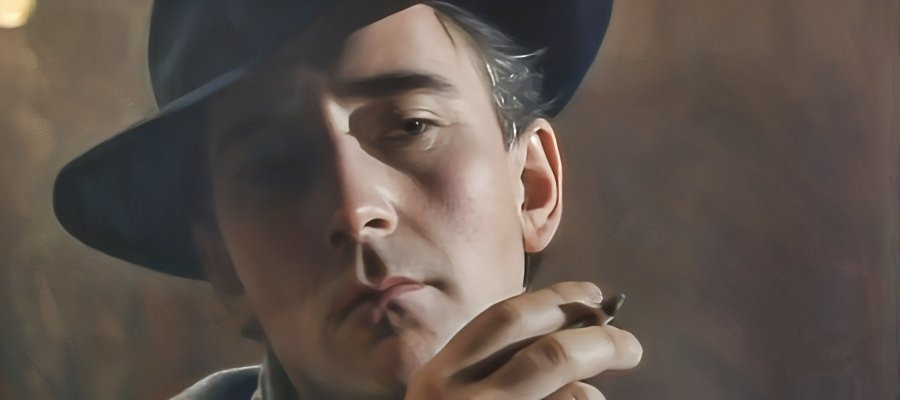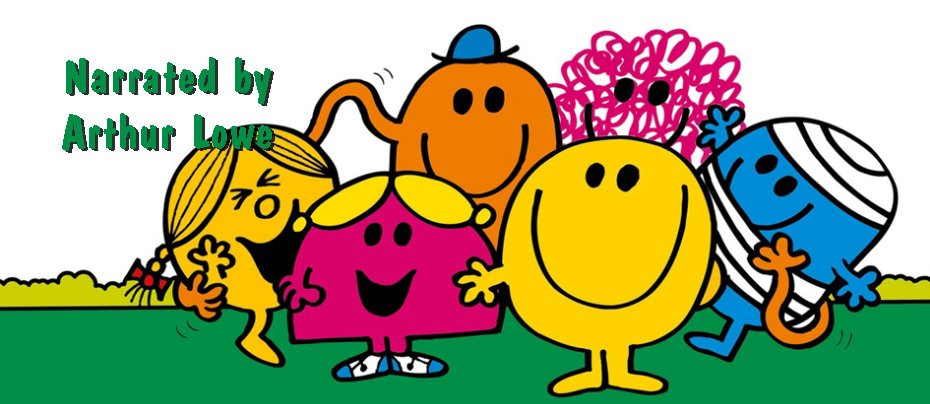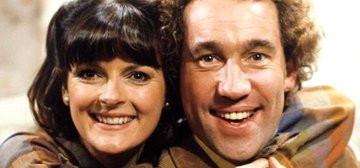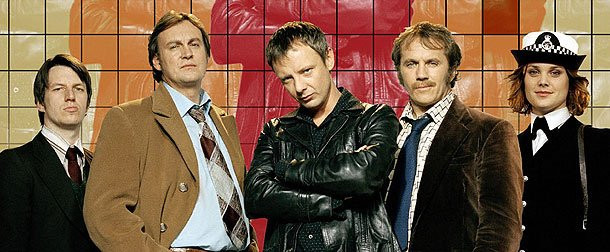
The Witcher - Season 2
Review: John Winterson Richards
It is fair to say that the second season of The Witcher was anticipated very keenly. The clear frontrunner among the contenders to be the next Game of Thrones - in the good sense - its first season was received positively by both critics and viewers, even if their approval was by no means unqualified. It was felt at least that there was potential here and expectations for the second were high. Public anticipation was built by production delays caused by the coronavirus and by on set injuries sustained by star Henry Cavill. Given that viewers had to wait two years for the final product, it was perhaps predictable that some felt slightly disappointed when it finally emerged, even if reviewers praised it for addressing some of their concerns about the first.
The way the timeline had jumped around in Season One was considered a distraction by many, and there was a widespread feeling that more effort should have been put into "world building." Viewers had been thrown into the story with very little information about the characters and their environment, which, combined with the fractured storyline, had made it difficult to follow what was going on.
Whether the writers listened to the criticism, or whether the previous problems were structural, due to the first season being based on several short stories rather a novel, only the writers can say. That they were at least aware of the reaction to Season One can be deduced from a witty, self-referential speech in Season Two in which a minor character critiques one of the ballads of Jaskier the Bard. Either way, the new season, apparently based for the most part on a single novel, presents us with a cohesive story in a straight linear time period, apart from a few clearly demarcated flashbacks, and there is no shortage of exposition.
Indeed, the writers may have gone to the other extreme, so that there now is too much exposition. Even the previously Laconic Geralt of Rivia (Cavill) himself has become quite chatty.

This is not the only alteration to his persona. Season One established him very much as a lone wolf, the friendless, rootless stranger who wandered from place to place in search of his next meal. It turns out that he is in fact a member of a very tight knit brotherhood of genetically mutated Witchers who are based at a ruined castle which basically functions as their frat house. This is all rather jolly but destroys completely the image established in the previous season of Geralt as a Clint Eastwood type.
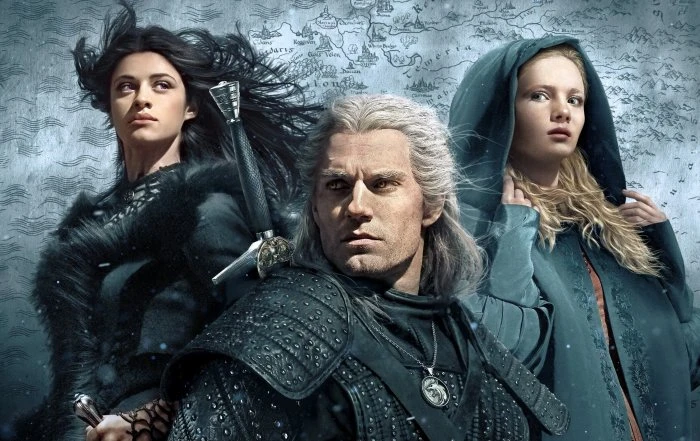
The whole notion of Witchers supposedly being unemotional seems to have been abandoned, even if it is still referenced in the dialogue. What we actually see is a band of brothers who do not hide their feelings from each other. A softer side to Geralt is revealed, not only with his old friends and his father figure but also with his surrogate daughter Ciri (Freya Allan), his past lover Yennefer (Anya Chalotra), his hanger on Jaskier (Joey Batey), his beloved horse Roach, and an aristocrat for whom he once did a favour (the apparently ubiquitous Norwegian Kristofer Hivju stealing every scene, as usual, in a guest slot). While all this makes him far more sympathetic, something has been lost: the point is that his moments of rough compassion in Season One were meaningful precisely because they were not normal for him. Most of the time he was a hardened killer and committed misanthrope.

In Season Two he becomes more of a family man, even if it seems a pretty dysfunctional family. We also have a kinder, gentler Yennefer. In her case, it is good character development because it builds on what has gone before, especially her desire for a child. On top of this, her experiences at the Battle of Sodden Hill seem to have had a profound psychological impact. Her priorities are changed, even if it turns out that she does not regret her formative choice of Power over Love as completely as she might like to think.
She is not the only one who seems to be in shock after Sodden Hill. Her fellow Mage, Triss Merigold (Anna Shaffer), bears her scars inside and out. Even their flinty mentor Tissaia (MyAnna Buring), appears a bit more human, even to the extent of carrying on a romantic affair with the ambitious Vilgefortz (Mahesh Jadu), which seems unlikely to end well.

It is, however, Ciri who has changed most. The confused and helpless girl is turning into a more confident young woman - with her own thoughts and desires. At the same time she is still trying to come to terms with what happened to her and with her frightening powers. She has at first no idea of their origin or extent, or of how to control them. She likes the idea of becoming a Witcher herself, possibly as an alternative to her actual Destiny.
Two years is a long time in the life of someone in their late teens, so it is no surprise that actress Freya Allan has grown up visibly in the time between the release of the two seasons, even if it should be noted that she was a lot older she looked in the first. Yet it is the purpose of her character that has changed fundamentally. She was little more than the object of the hero's quest in Season One. Now she begins to emerge as a heroic figure in her own right.

The overused "Chosen One" trope can in fact be quite irritating. It is hard for most of us to relate to a "Child of Destiny" who gets handed everything on a plate. Ciri is a Princess by birth and has also inherited raw magical powers greater than those of Magi who have studied for decades. It is therefore greatly to the credit of Allan and the writers that she retains her humanity and vulnerability. In particular it helps that Ciri seems to have little sense of entitlement.
On the contrary, terrified of her gifts, she sets out to prove herself as a Witcher, despite lacking the natural advantages necessary to become one. She attempts a fearsome looking obstacle course, and fails - and tries again - and again. She begins to win the respect of hardened Witchers who were initially inclined to mock her efforts. She makes mistakes as she goes on, sometimes bad ones with serious consequences, but this makes her a fallible Chosen One - and therefore more likeable than the basic facts about her might suggest.
A sense of continuity is established with a number of guest appearance by characters from the first season. That some of them are minor characters, such as the talkative prostitute Danica (Imogen Daines) who now appears to be running her own business, shows a nice sense of detail. Against that, be warned there is also a major character death which will wring the heart, and another sympathetic character is killed horribly, mercifully offscreen.

This is balanced by the introduction of some new characters, most notably Geralt's old mentor Vesemir, played by the Danish actor Kim Bodnia, who was so good in The Bridge and Killing Eve. He is a gentle, paternal presence, which is rather at odds with what has been said about how he brought up the young boys in his care. The other Witchers are an engaging bunch, if slightly generic. Simon Callow and Liz Carr are fun as a pair of literary detectives. Graham McTavish, by far the best thing about Outlander, is perfectly cast as a powerful spymaster.
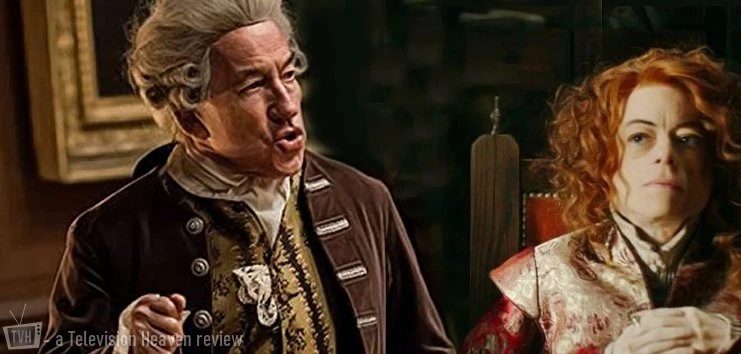
The second season is aesthetically superior to the first, partly because the CGI has improved but mainly because there is a greater consistency. That the filming was restricted in its locations by the coronavirus may actually have been helpful in this respect. The events all seem to be set in Winter in the North, which gives the look of the project a more distinctive style. Some of the snowy scenes are quite beautiful in a Christmas card sort of way, especially those in the superbly constructed Witcher castle of Kaer Morhen.
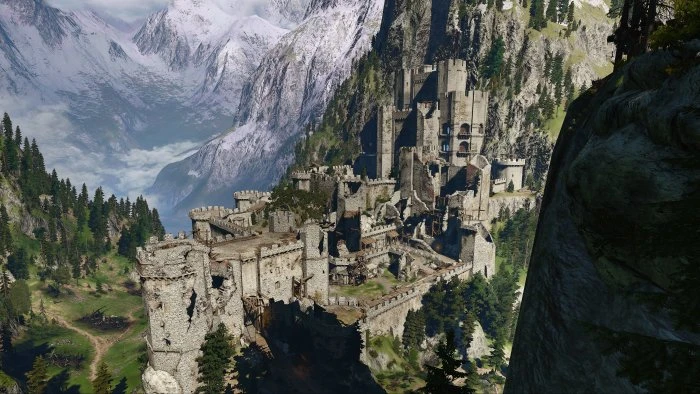
Incidentally, the frequency of Welsh based names such as Kaer Morhen (literally "Old Sea [Roman] Fort") is intriguing, especially since most of the folklore is Central European or Slavic. It is interesting to note, however, that there are elements common to both, such as the Wild Hunt, which is not quite as terrifying here as it ought to be. The Russian ogress Baba Yaga's hut on chicken legs also makes an appearance that does not really make the most of the potential of a pretty scary tale.
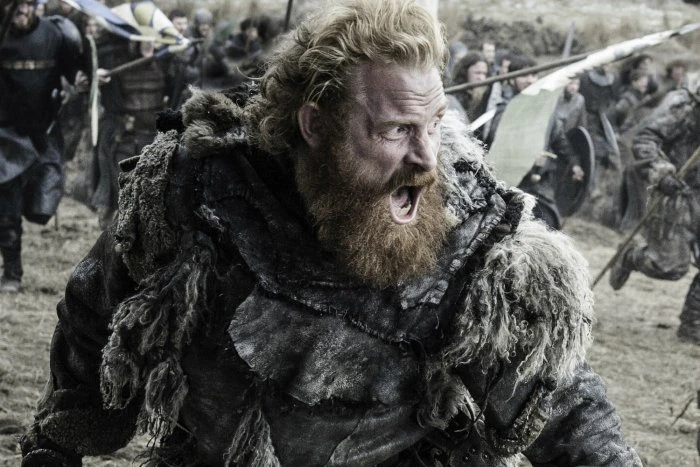
The main storyline of the season is not especially interesting. We should be grateful we have one at all rather than the more scattershot approach of Season One. There are no epic battles or set pieces. The action highlight is a well mounted scrap between less than a dozen Witchers and a few impressive CGI monsters. The real purpose of Season Two is character development and in this respect it does what it was it was paid to do. It sets up a more mature Geralt, Yennefer, and Ciri as a new family ready for Season Three.
Family is the great theme in this season. As well as bringing together the central trio at last, it delves into Ciri's original family background. We also see other family substitutes: the Witchers are a brotherhood bound together by a harsh upbringing; the Magi are a house divided; and the antagonists are a fanatical religious cult. A lot of time is spent trying to make two principal villains look conflicted and interesting, but we never really get to care about them. A last minute shock revealing the identity of the hitherto unseen chief villain is not that shocking.
If the second season is less memorable than the first, this is only to be expected because it has lost the impact of originality. It more than makes up for it by settling into a definite story in a distinctive world with characters who are beginning to grow as events unfold. It is not the greatest piece of television but we are left comfortable with the situation and interested to know what happens next. It is a fair bet that the next season will do something to subvert our expectations and undermine that sense of comfort.
Review: John Winterson Richards
John Winterson Richards is the author of the 'Xenophobe's Guide to the Welsh' and the 'Bluffer's Guide to Small Business,' both of which have been reprinted more than twenty times in English and translated into several other languages. He was editor of the latest Bluffer's Guide to Management and, as a freelance writer, has had over 500 commissioned articles published.
He is also the author of ‘How to Build Your Own Pyramid: A Practical Guide to Organisational Structures' and co-author of 'The Context of Christ: the History and Politics of Rome and Judea, 100 BC - 33 AD,' as well as the author of several novels under the name Charles Cromwell, all of which can be downloaded from Amazon. John has also written over 100 reviews for Television Heaven.
John's Website can be found here: John Winterson Richards
Published on January 3rd, 2022. Written by John Winterson Richards for Television Heaven.


